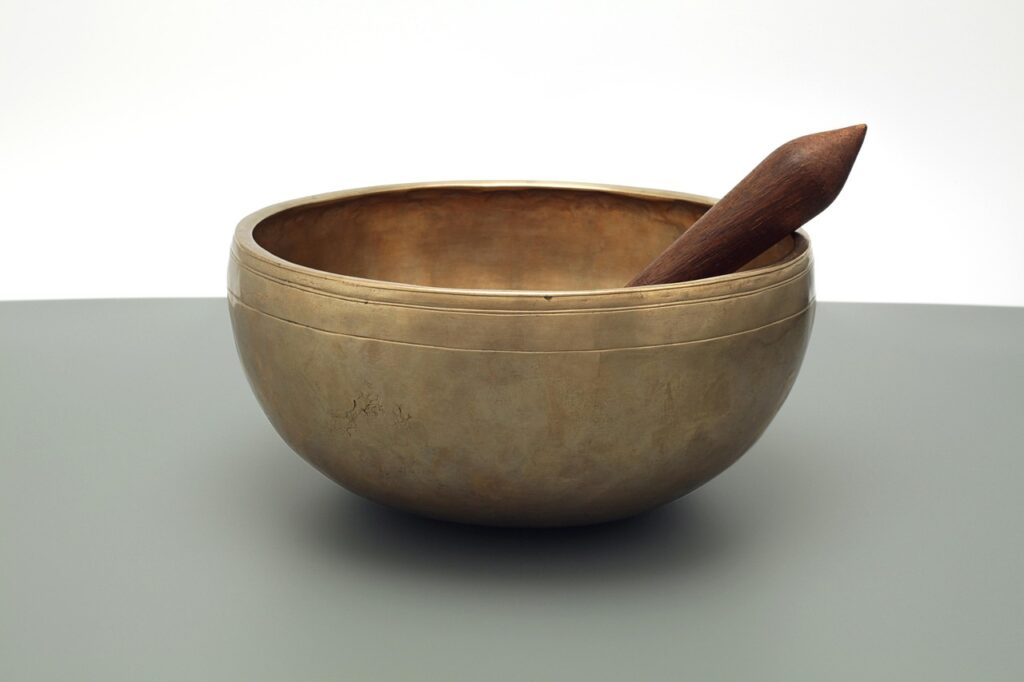Divine Healing

Divine healing is as old as humanity. Some call it superstition; some call it a placebo effect. However, the believers swear by its efficacy. Praying is an old medicine in all societies, regardless of the names of the deities.
Like everything else, medicine as a healing practice started with what some may call superstitions. Most early societies believed that a higher power, such as a god, caused illness, and that people should avoid actions that upset the god or take steps to regain the god’s favor. Sacrificing animals was the most common way to appease an angry god who might send epidemics or sickness to individuals. Despite the rise of more rational explanations for sickness and healing, the deep-seated habit of praying to gods for healing still exists in scientifically advanced societies, such as the United States. More religious communities strongly believe that the god they worship can restore them to health if they sincerely pray for healing.
For example, the ancient Greeks believed that diseases were caused by the god Asklepios (also known as Aesculapius in Latin), attributing a divine origin to sickness and healing. The symbol of Aesculapius, familiar in modern medical emblems, is a staff with a serpent coiled around it. The serpent, known for shedding its skin, symbolizes the shedding of illness and the renewal of health. However, the true power is believed to reside with the god, not the serpent or the person holding the staff. People traveled to temples dedicated to Aesculapius to seek health. Some mendicants thought the healing god favored herbs and frankincense. The temple managers suggested that offering money at the temple would please the god and help cure illnesses. What some might call the placebo effect, people were believed to be healed by praying to the gods, reinforcing the divine theory of medicine. Copyrights L. Ali Khan Books, Legal Scholar Academy
